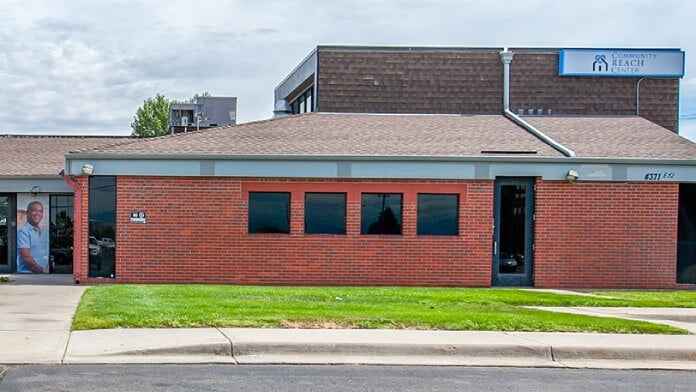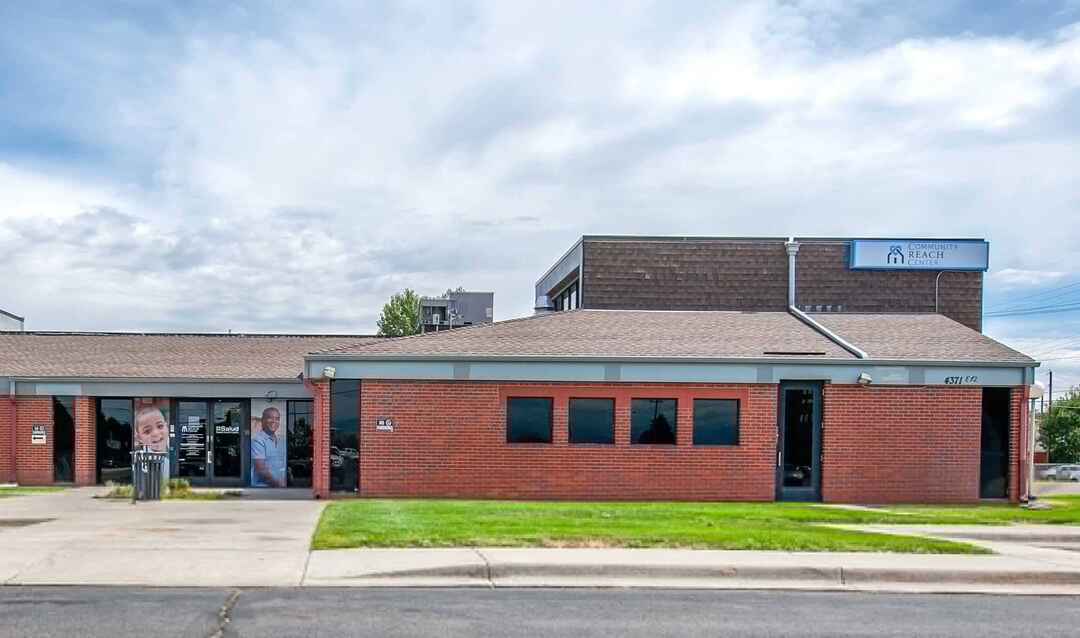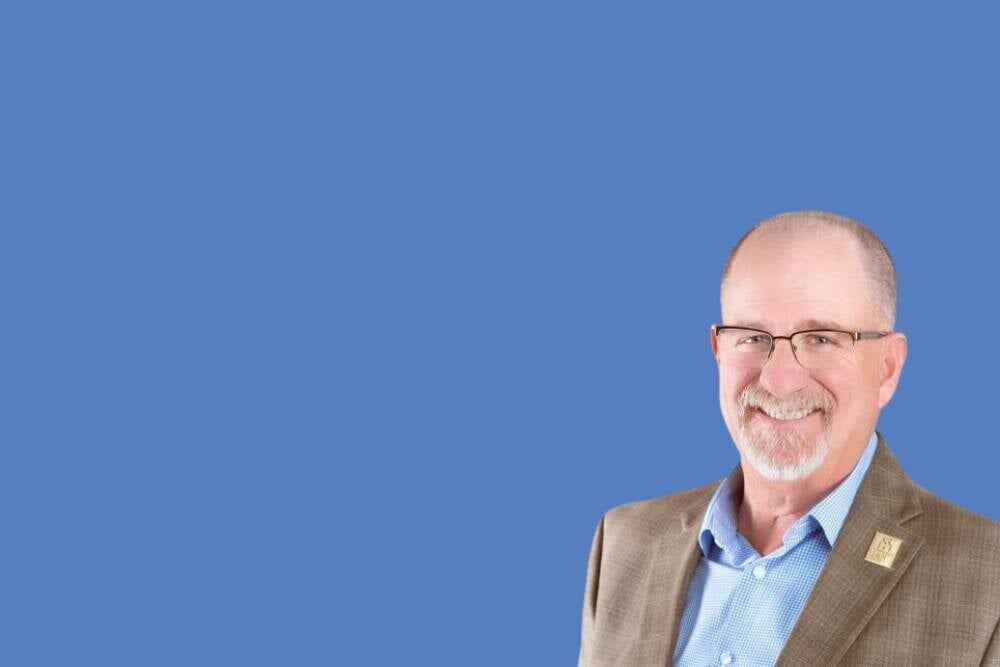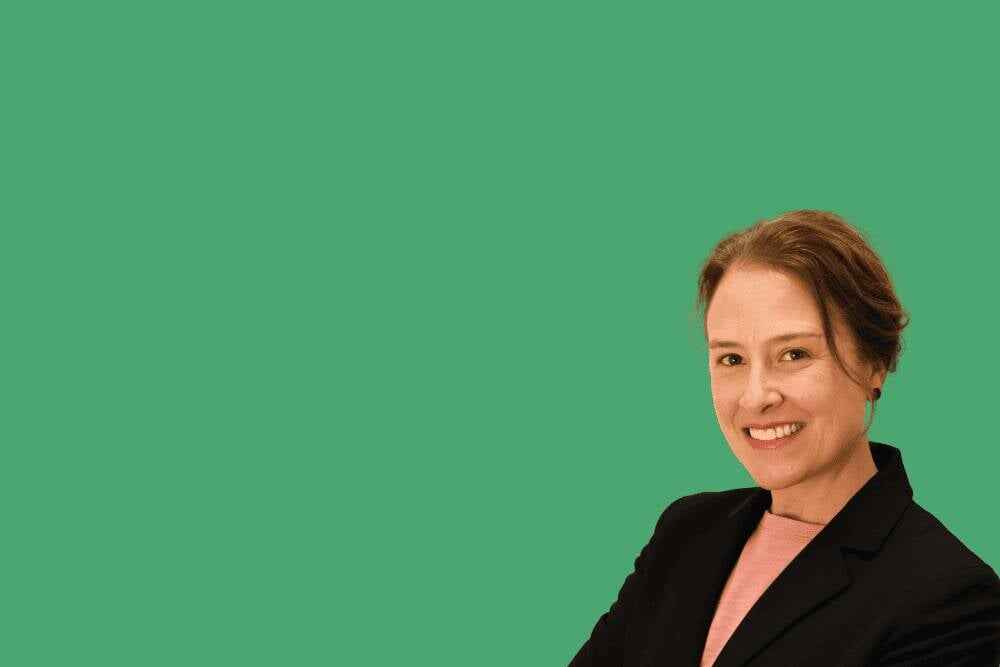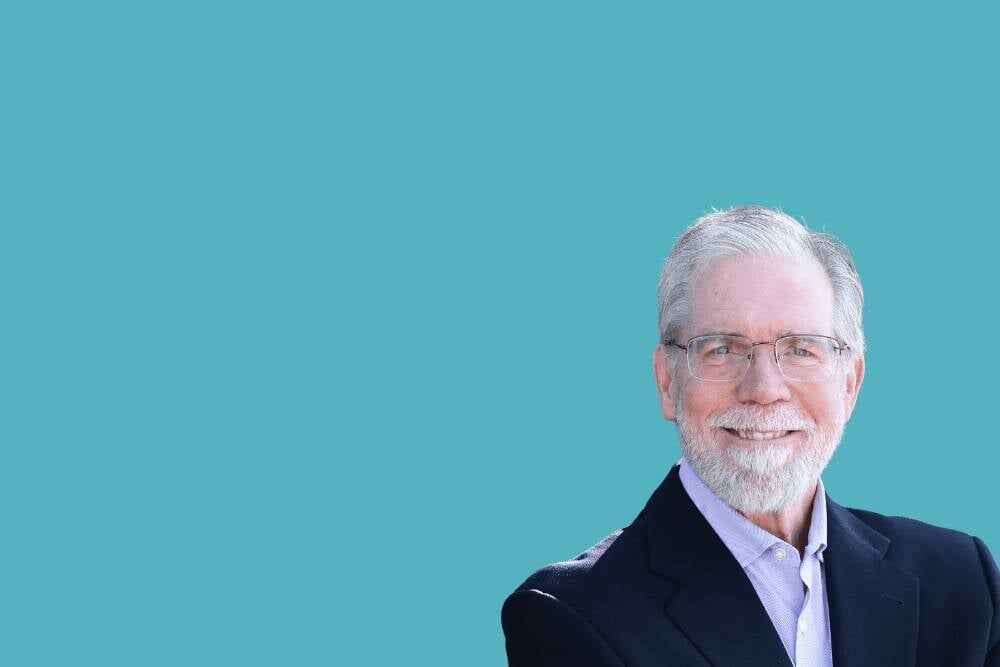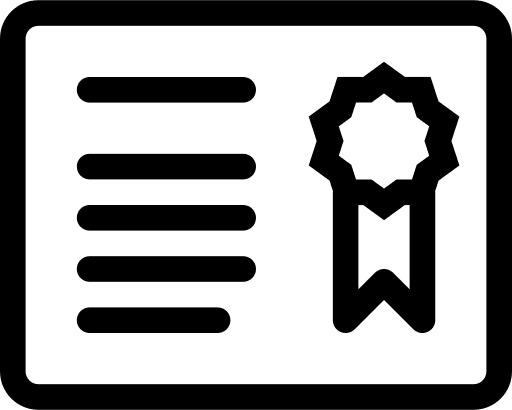About Community Reach Center – Commerce City
Outpatient treatment allows people to receive specialized support while they remain in their home environment. Individual counseling, group counseling, family counseling, couples counseling, access to medical care, case management services, and peer support services are provided.
Areas of focus may include anger management, relapse prevention, family concerns, work concerns, emotional triggers, trauma, parenting, and medical issues that have impacted a person’s mental health. Virtual services are available to help accommodate people who may find it difficult to attend treatment services in person.
Community Reach Center may accept a variety of insurance plans, such as Cigna, Humana, Blue Cross Blue Shield, Aetna, Amerigroup, Ambetter, United Healthcare, and more. Insurance plans vary, so be sure to verify coverage information and out of network benefits with the insurer.
